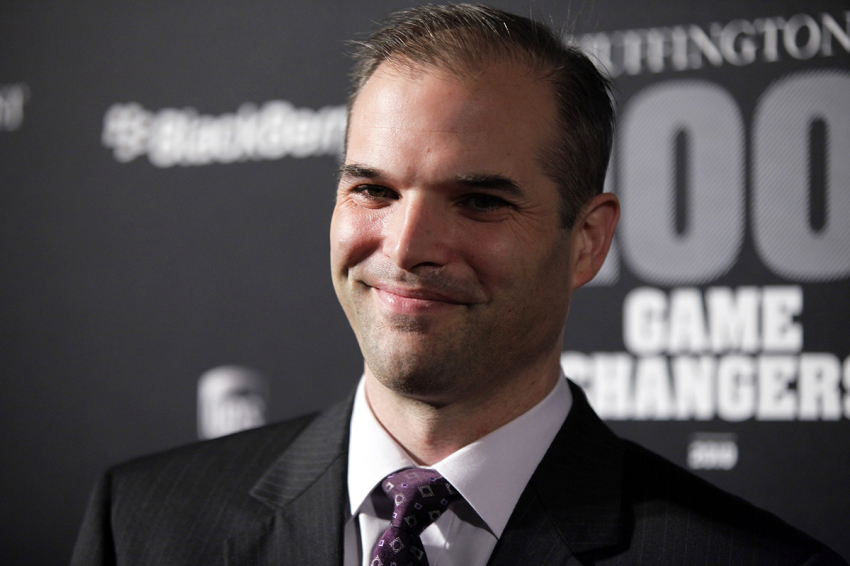4 reactions to US House bill banning TikTok

1. Matt Taibbi
Independent journalist Matt Taibbi, known as one of the architects of The Twitter Files that exposed censorship and political bias at the social media company, outlined his concerns with the bill in a Substack post on Friday.
Taibbi noted that the legislation applies to “any website, desktop application, mobile application, or augmented or immersive technology application” that is “determined by the President to present a significant threat to the National Security of the United States.” He took issue with the definition of companies “controlled by a foreign adversary” as applying to “a foreign person that is domiciled in, is headquartered in, has its principal place of business in, or is organized under the laws of a foreign adversary country.”
Additionally, the independent journalist explained that companies that have at least 20% ownership by individuals from foreign adversary countries also meet the criteria for businesses “controlled by a foreign adversary.”
Taibbi added, “A ‘foreign adversary controlled application,’ in other words, can be any company founded or run by someone living at the wrong foreign address, or containing a small minority ownership stake. Or it can be run by any company run by someone ‘subject to the direction’ of either of those entities.”
Stressing that a “foreign adversary controlled application” can be “anything the president says it is,” Taibbi cited a warning from Walter Kirn, his co-host on the “America This Week” podcast, that the bill would “give a potential future President Donald Trump ‘unprecedented powers to censor and control the internet.’”
Taibbi recalled how in the aftermath of 9/11, then-President George W. Bush limited the definition of “enemy combatant” to “an individual who was part of or supporting Taliban or al Qaeda forces, or associated forces that are engaged in hostilities against the United States.”
“Eventually, every element of the requirement that an enemy combatant be connected to ‘hostilities against the United States’ was dropped, including the United States part,” he added. “Though Barack Obama eliminated the term ‘enemy combatant’ in 2009, the government retained (and retains) a claim of authority to do basically whatever it wants, when it comes to capturing and detaining people deemed national security threats. You can expect a similar progression with speech controls.”
Ryan Foley is a reporter for The Christian Post. He can be reached at: ryan.foley@christianpost.com



























